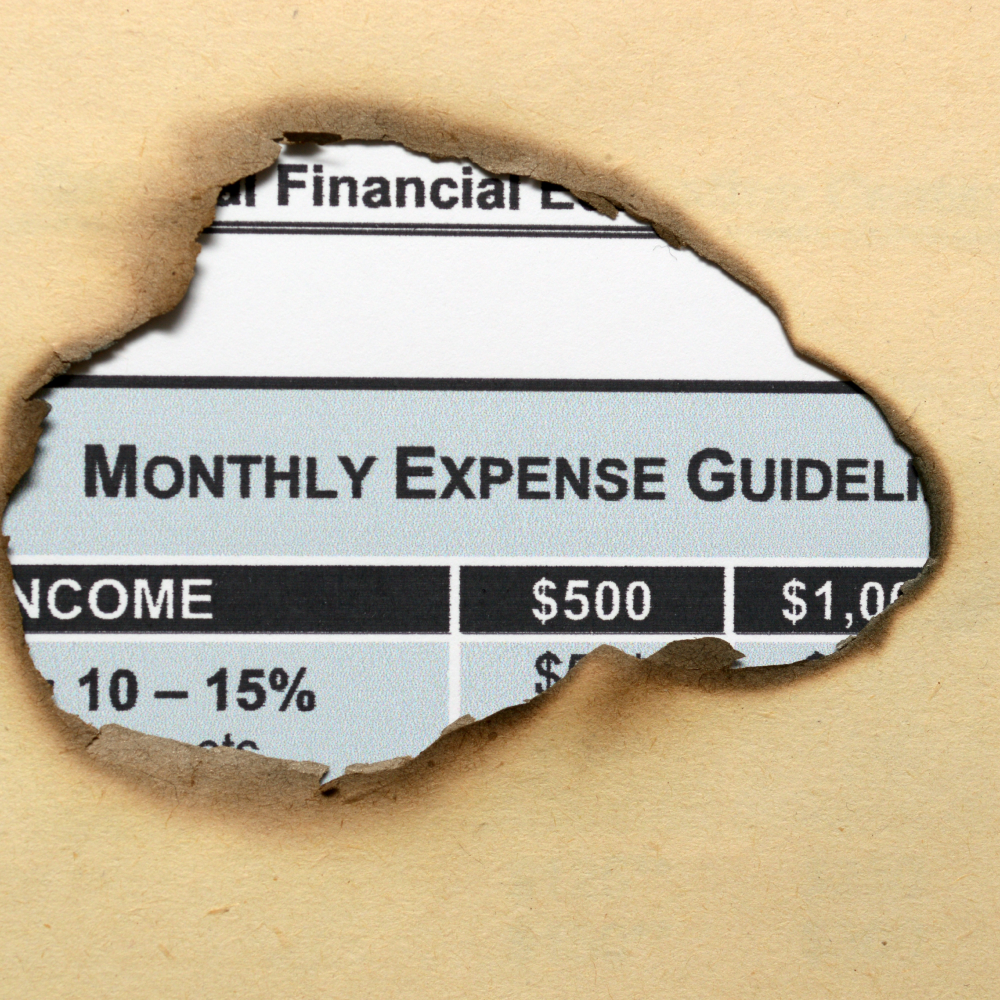What is a checking account used for?

Understanding the Purpose and Benefits of a Checking Account
In the realm of personal finance, a checking account stands as one of the fundamental tools for managing one’s day-to-day monetary affairs. While the concept of a checking account might seem straightforward, its significance and multifaceted utility cannot be understated. A checking account serves as a financial cornerstone, providing individuals with a secure, accessible, and efficient means to manage their funds. In this article, we delve into the core functions and benefits of a checking account, shedding light on why it remains a crucial component of modern financial management.
What is a Checking Account?
At its core, a checking account is a bank account designed primarily for handling everyday financial transactions. Unlike savings accounts, which are geared towards long-term saving and accrue interest, a checking account is meant for fluid, real-time usage. Individuals use these accounts to deposit, withdraw, and manage funds with ease, making them indispensable tools for managing daily expenses, paying bills, and facilitating transactions.
Core Functions and Benefits:
- Deposits and Withdrawals: One of the primary functions of a checking account is to serve as a repository for your funds. You can deposit various forms of income, including paychecks, dividends, and other sources of revenue, directly into your checking account. Similarly, when you need cash for daily expenses or to make purchases, you can easily withdraw money from ATMs, branches, or through electronic transactions.
- Payment Facilitation: Checking accounts are the go-to choice for making payments. You can write checks, use a debit card linked to the account, or engage in online and mobile banking to send money to individuals, pay bills, and settle transactions.
- Safety and Security: Keeping large sums of cash at home can be risky due to theft or loss. A checking account offers security for your money by placing it within the confines of a regulated financial institution. Moreover, most banks provide federal insurance that safeguards your deposits up to a certain limit, adding an extra layer of protection.
- Record Keeping: A checking account aids in maintaining a clear financial record. Regular transactions generate statements, providing a chronological history of your financial activities. These statements can be vital for budgeting, tax preparation, and monitoring your spending patterns.
- Direct Deposit: Many employers offer the convenience of direct deposit, where your salary is automatically transferred into your checking account. This eliminates the need to physically cash a check and expedites access to your funds.
- Online Banking and Mobile Apps: Modern banking has evolved significantly, and checking accounts now come with online banking and mobile apps. These tools enable you to manage your account, transfer funds, pay bills, and monitor transactions from the comfort of your home or on the go.
- Overdraft Protection: Some checking accounts offer overdraft protection, a service that prevents transactions from being declined due to insufficient funds. Instead, the bank covers the deficit temporarily, though it may charge an overdraft fee.
- Easy Access: Checking accounts provide easy access to your funds, making it convenient to pay for groceries, utility bills, rent, and other everyday expenses. The ability to use a debit card or write checks simplifies these transactions.
Choosing the Right Checking Account
Selecting a checking account that aligns with your financial needs is crucial. Factors to consider include monthly fees, minimum balance requirements, access to ATMs, online banking capabilities, and overdraft policies. Different types of checking accounts may suit various lifestyles, such as basic accounts for those who require simple transactions or interest-bearing accounts for individuals with higher balances.
In conclusion, a checking account serves as a cornerstone of financial management, facilitating day-to-day transactions, ensuring security, and offering easy accessibility to funds. It empowers individuals to manage their money efficiently, keep track of their financial history, and handle a wide array of payment activities. By understanding the core functions and benefits of a checking account, individuals can make informed decisions that contribute to their financial well-being.
Look to California Community Credit Union for Checking Account Needs
At California Community Credit Union, we have financial experts who can guide you through the entire process for your checking account needs. You won’t have to stress at all as we help you choose the perfect checking account that fits your unique circumstances and personal needs. Look to CACCU as your professional partner when it comes to selecting the right checking account for you. We offer low rates and flexible terms.We invite you to contact us today to get started.
you may also like
Credit Union Membership: What You Need to Know
Credit unions have become a significant part of the financial ecosystem by offering a range of products,…
How to Achieve Financial Wellness
In today’s fast-paced world, achieving financial wellness has become the foundation of personal success. Financial wellness does…










